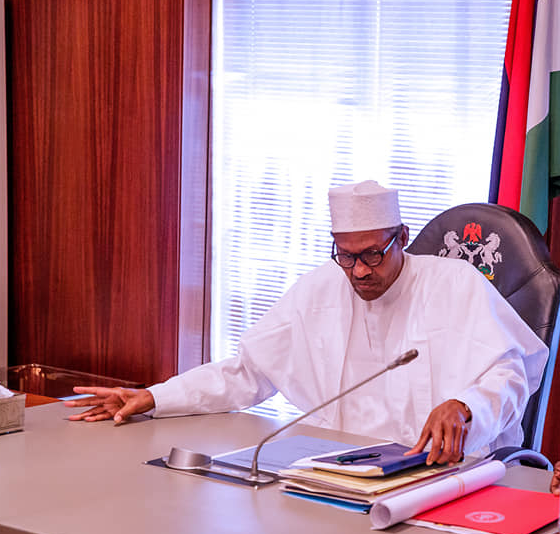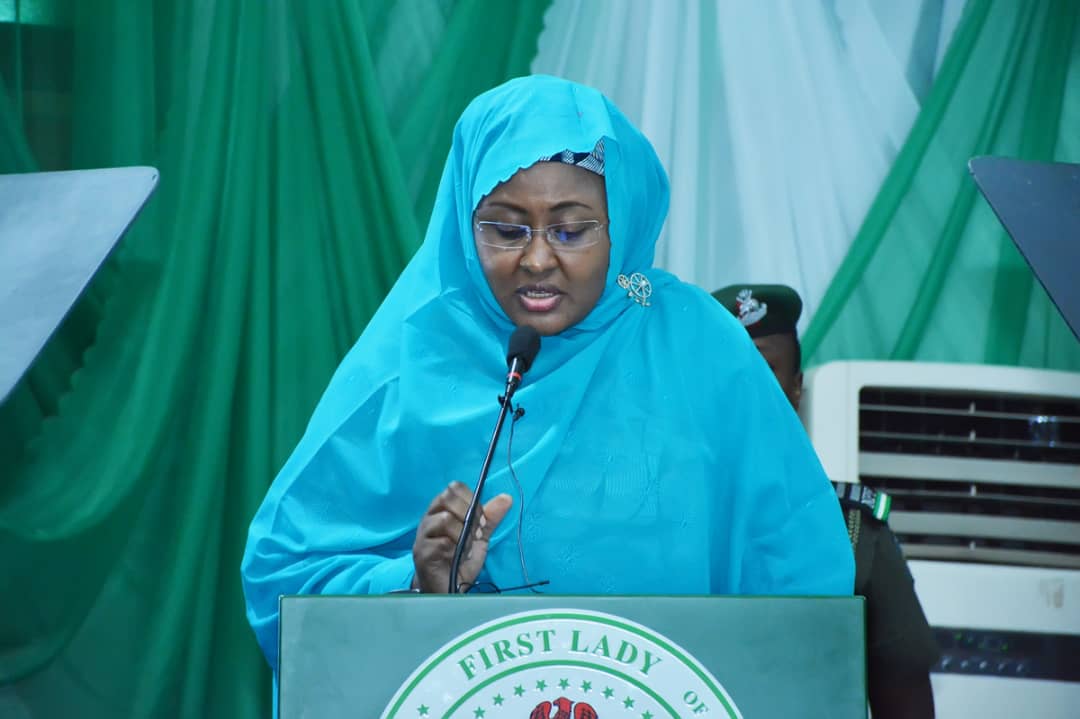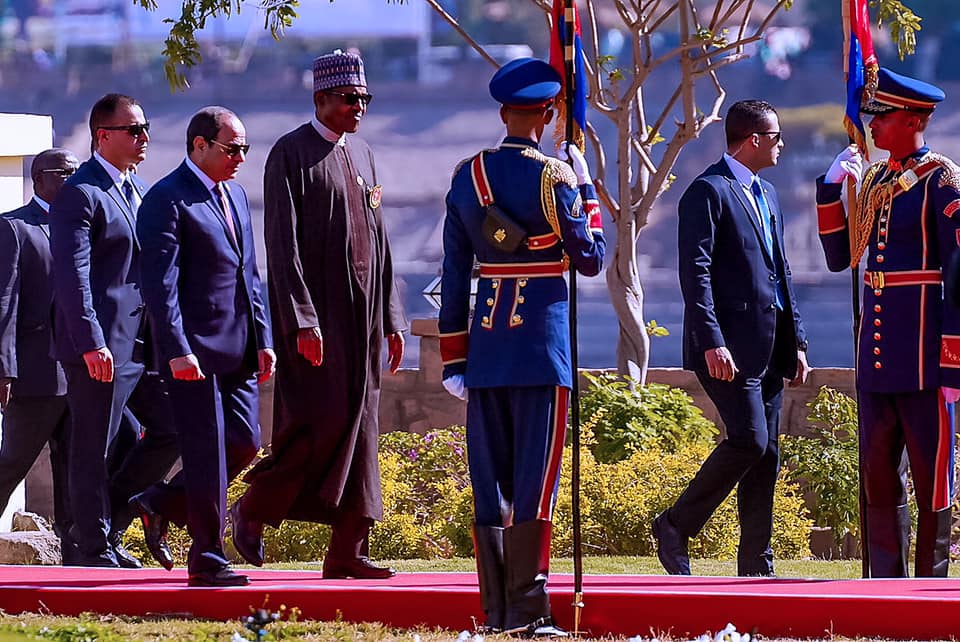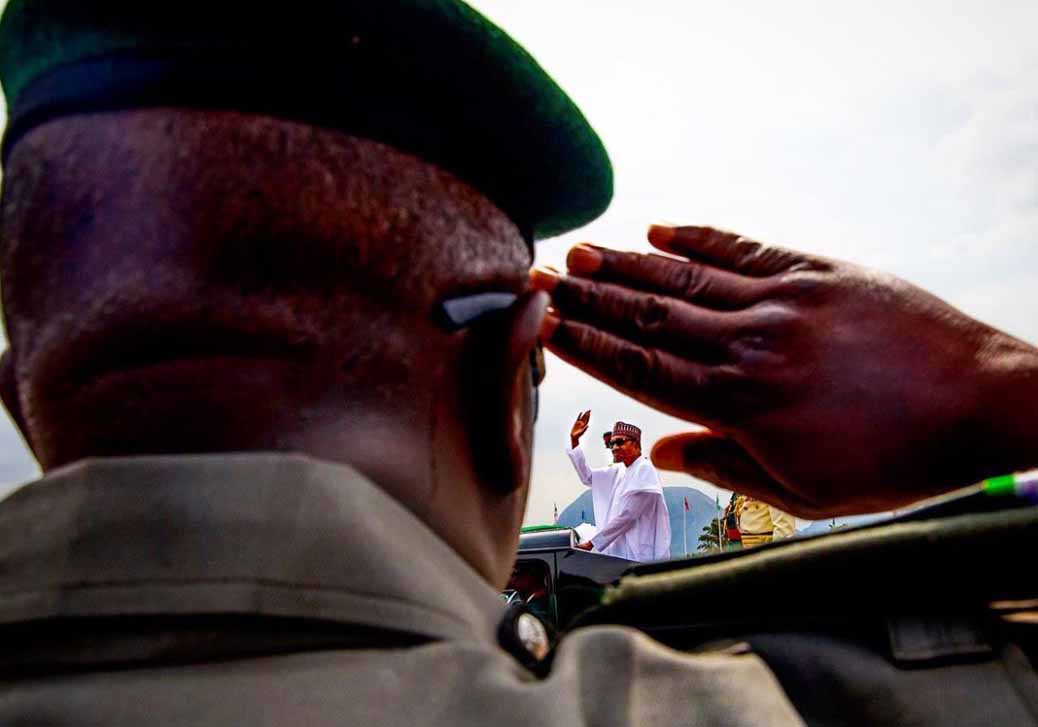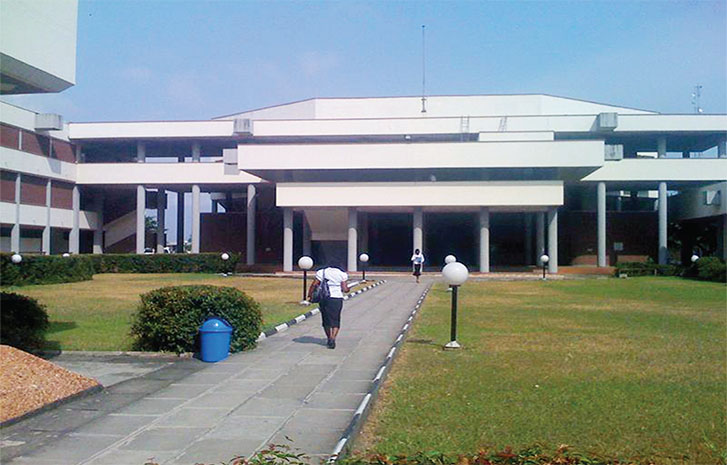Tuesday, December 10 2019, was celebrated around the world as International Human Rights Day to commemorate the 10 December 1948 adoption by the UN General Assembly of the landmark Universal Declaration of Human Rights (UDHR), which proclaimed a number of rights as inalienable to all people, irrespective of race, ethnicity, social origin, gender or creed. Two years later, in 1950, the European Convention on Human Rights (ECHR) was drafted by the newly created Council of Europe. The ECHR established not only a unique system of rules but also an effective conventional instrument – the European Court of Human Rights – that empowered millions of individuals in Europe to use the law to prevent their human rights from being trampled upon by their governments and others more powerful than them.
Today virtually all regions and countries of the world have their own versions of human rights charter and instruments that are derivatives of the UN’s UDHR. Thus we have the African Charter on Human and Peoples’ Rights (also known as the Banjul Charter), which was approved at the defunct Organization of African Union’s 18th Assembly held in Nairobi, Kenya, in June 1981. We also have the ECOWAS Court of Justice (established in 2001) and the National Human Rights Commission of Nigeria (established by the National Human Rights Commission (Amendment) Act, 1995, as amended by the NHRC Act, 2010) – among several others.
Though the modern human rights discourse can be traced to the struggles to end slavery and recognize the humanity of slaves, as well as in the fight against genocide, discrimination, and government oppression, it was the atrocities from the World War II that made it clear that previous efforts to protect individual rights from government violations were inadequate.
The theme for this year’s Human Rights Day is the role young people play in leading the way for a better future. In most of the developing countries, especially Africa, young people form the majority of the population and are often disproportionately exposed to the effects of conflicts, exclusion, economic instability and leadership failure. Partly because of their vulnerability, they are also paradoxically over-represented in the activities of people who operate from the other side of the moral divide – as drug couriers and users, prostitutes, political thugs, deviants, scammers and terrorists.
Advertisement
There are several issues involved in human rights discourse: One, human rights (also called civil rights or fundamental human rights) are standards that allow all people to live with dignity, freedom, equality, justice, and peace. Human rights imply that every person has these rights just by virtue of being human – without any form of distinction as to colour, race, ethnicity, language or other forms of identity markers. The English philosopher, John Locke’s theory of natural rights, is regarded as the foundation of human rights expressions. According to Locke: “All men are born equally free and independent and have certain inherent natural rights of which they cannot, by any compact, deprive or divest their posterity; among which are the enjoyment of life and liberty, with the means of acquiring and possessing property, and pursuing and obtaining happiness and safety.”
The above postulation was very eloquently adapted in the preamble to the American Declaration of Independence (1776) which stated:
“We hold these truths to be self-evident, that all men are created equal, that they are endowed by their creator with certain unalienable rights; that among these are life, liberty and the pursuit of happiness. That to secure these rights, Governments are instituted among men, deriving their just powers from the consent of the governed. That whenever any form of government becomes destructive of these ends, it is the right of the people to alter or to abolish it, and to institute a new Government, laying its foundation on such principles and organizing its powers in such form, as to them shall seem most likely to affect their safety and happiness.”
Advertisement
Very instructive in the above is that this preamble makes it a matter of right for Americans to work to bring down any government that violates their human rights. It is also based on the social contract theory that is implicit in human rights praxis that people often say that autocracy or violation of people’s human rights by any government can never be sustainable – however long that violation may last.
Two, a key issue in human rights advocacy is that such rights are universal and inalienable. Though the principle of the universal character of human rights (meaning that we cannot offer any excuse by appealing to such exceptionalism as, ‘this is Africa’ or ‘Nigeria’s case is different’) was first emphasized in the United Nations’ UDHR of 1948, it was the 1993 Vienna World Conference on Human Rights and Fundamental Freedoms that explicitly made it obligatory on states to promote and protect the human rights and fundamental freedoms of their citizens regardless of their political, economic and cultural systems.
Three, when we say that human rights are ‘inalienable’, it simply means that those rights cannot and should not be taken away – except in specific situations and according to due process, such as when one’s right to liberty is taken away by reason of being convicted and sentenced to imprisonment by a competent court.
Four, human rights are ‘interdependent and indivisible’. This means that whether we are talking about civil and political rights, freedom of expression, equality before the law, right to life or economic, social and cultural rights, such rights are usually indivisible, inter-related and inter-dependent. For instance an improvement in one right such as freedom of expression automatically facilitates the advancement of other human rights. Conversely a denial of one human right also automatically adversely affects the other rights.
Advertisement
Five, human rights are equal and non-discriminatory. This principle is present in all the major human rights treaties and provides the central theme of some of the international human rights conventions such as the International Convention on the Elimination of All Forms of Racial Discrimination and the Convention on the Elimination of All Forms of Discrimination against Women. This principle prohibits discrimination on the basis of a list of non-exhaustive categories such as sex, race, colour and so on. The principle of non-discrimination is complemented by the principle of equality in Article 1 of the UDHR which states that: “All human beings are born free and equal in dignity and rights.”
Six, a key question in human rights discussions is: why are human rights important? Advocates posit that human rights reflect the minimum standards necessary for people to live with dignity. They argue that such rights give people the freedom to choose how they live, how they express themselves, and what kind of government they want to support, among many other things. It is argued that by guaranteeing life, liberty, equality, and security, human rights protect people against abuse by the government and others who are more powerful than them. In essence, human rights ensure that might is not right and that the Darwinian society of survival of the fittest is not legitimated.
Seven, another important question often raised in the human rights conversation is the relationship between human rights and economic development. Though some countries where human rights are not especially privileged such as China have done well economically, the collapse of communism and the disintegration of the USSR have influenced views on the relationship between economic development and human rights. This has in turn led to a new approach where the individual is placed at the centre of development initiatives. The argument here is that in the long run respect for human rights, the rule of law, political pluralism and accountable political institutions are more reliable markers for measuring sustainable economic development than where these metrics are absent or underdeveloped. In fact a 2005 Report of the UN Secretary-General entitled ‘In Large Freedom: Towards Development, Security and Human Rights For All’ sought to establish more explicitly a correlation between economic development and human rights when it declared: “We will not enjoy development without security, we will not enjoy security without development, and we will not enjoy either without respect for human rights”.
Another important effort to link human rights and economic development are the so-called ‘Millennium Development Goals’ (MDGs) – a set of time-bound and measurable goals and targets for combating poverty, hunger, disease, illiteracy, environmental degradation and discrimination against women agreed upon by world leaders at the UN Millennium Summit in 2000.
As we mark the 2019 Human Rights Day, the Buhari government should see it as a golden opportunity to reflect on its human rights credentials, especially given the fact that history has shown that grave violations of human rights anywhere in the world has a relatively short shelf-life.
_____________
Email: [email protected]
Twitter: @JideoforAdibe
Advertisement
Views expressed by contributors are strictly personal and not of TheCable.
Add a comment

